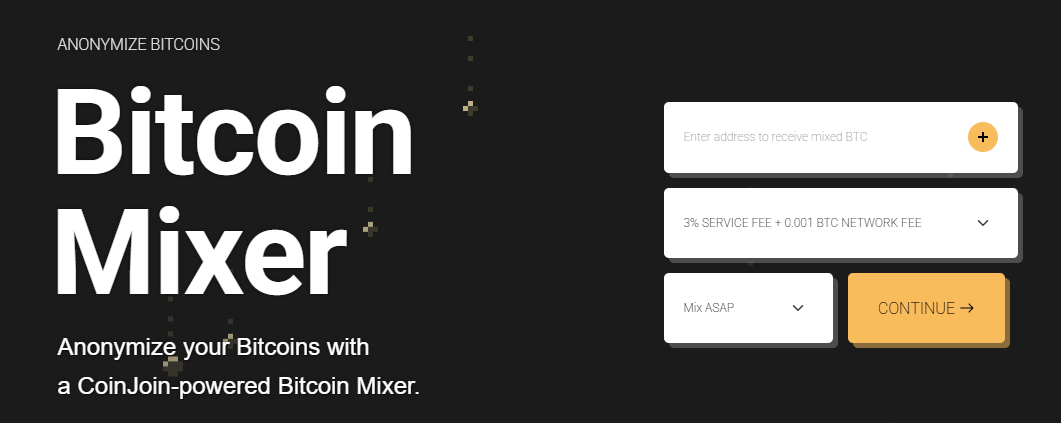
Are Bitcoin Mixers Legal? A Global Perspective
Bitcoin mixers provide anonymity, but their legality is a gray area in many countries. While some governments allow them for privacy purposes, others view them as tools for money laundering. This article explores the global legal landscape of Bitcoin privacy enhancement.
Why Are Bitcoin Mixers Controversial?
Governments regulate financial transactions to prevent illicit activities such as:
- Money laundering – Criminals may use mixers to hide the origin of stolen or illegal funds.
- Tax evasion – Authorities struggle to track taxable income when Bitcoin transactions are mixed.
- Terrorist financing – Some regulators fear that mixers could be used to fund illegal organizations.
Despite these concerns, privacy advocates argue that Bitcoin mixers protect financial freedom and prevent unnecessary surveillance.
Bitcoin Mixer Regulations by Country
1. United States
The U.S. has cracked down on Bitcoin mixers in recent years. In 2021, authorities shut down Helix, a popular mixer, and arrested its operator for running an unregistered money service business. The Financial Crimes Enforcement Network (FinCEN) requires mixers to comply with anti-money laundering (AML) laws.
2. European Union
EU regulators have imposed strict AML rules on crypto transactions. Under the Fifth Anti-Money Laundering Directive (5AMLD), cryptocurrency services must report suspicious activities, making it difficult for mixers to operate legally.
3. United Kingdom
The UK considers Bitcoin mixers a high-risk service. In 2023, the Financial Conduct Authority (FCA) warned that businesses providing such services must register and follow AML guidelines.
4. Canada
While Bitcoin mixers are not explicitly banned in Canada, financial regulators require businesses offering mixing services to comply with AML laws. In 2023, authorities froze assets linked to an illegal mixer operation.
5. Russia
Russia has taken a mixed approach to cryptocurrency regulation. While Bitcoin itself is not illegal, authorities have cracked down on anonymous transactions, making it difficult for mixers to operate without risk.
6. China
China has banned cryptocurrency trading and mining. Although there is no specific law against Bitcoin mixers, their use is highly risky due to strict government monitoring of financial transactions.
Can You Use Bitcoin Mixers Legally?
In many countries, using a mixer for privacy alone is not illegal. However, users must be cautious:
- Check local laws before using a Bitcoin mixer.
- Use decentralized mixers like CoinJoin if legality is a concern.
- Avoid using mixers for illicit purposes, as this can lead to legal consequences.
Final Thoughts
Bitcoin mixers exist in a legal gray area, and their future depends on evolving regulations. While they offer financial privacy, users should stay informed about the legal risks and choose mixers that comply with their country’s laws.
